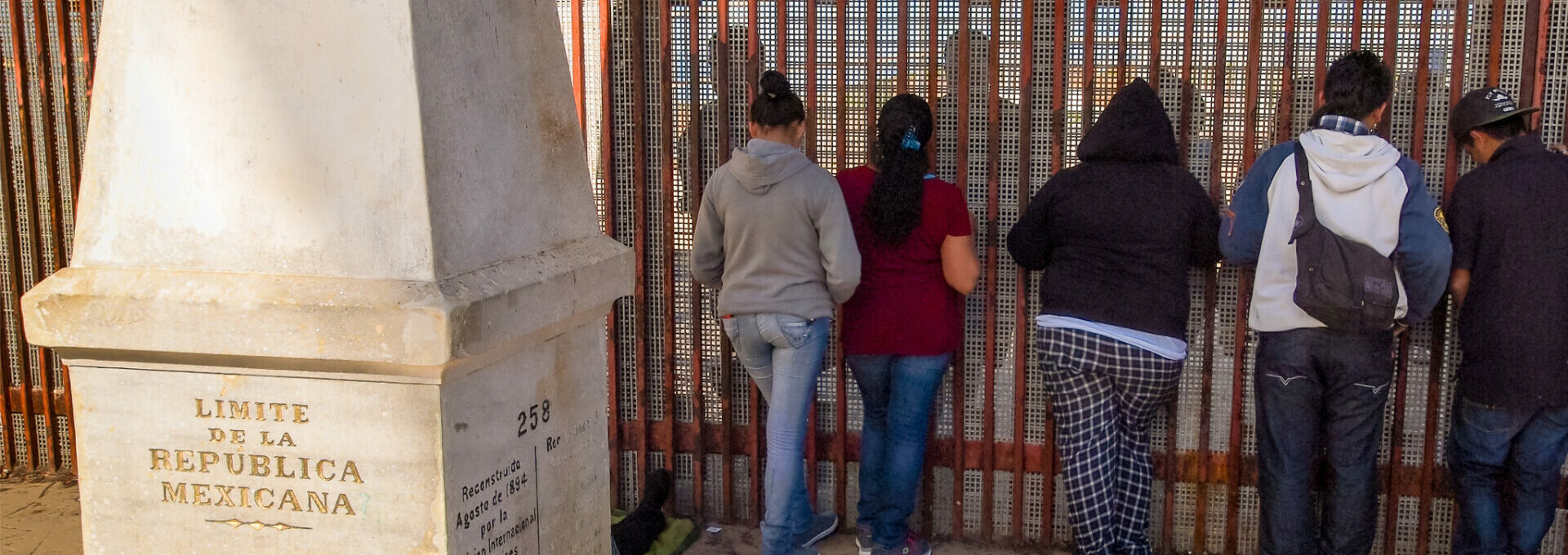We’re highlighting insights from our 2022 Annual Report, Understanding the State of Global LGBTQI+ Persecution. To read more of our insights, you can access the full report here.
Rising Threats in the United States
In 2022, the United States emerged at #8 on our list of countries where the highest number of requests for assistance originate. Notably, a significant number of these requests were received in the days following June 24, 2022, when the US Supreme Court overturned Roe v. Wade, suggesting that the withdrawal of the federal right to abortion provoked broader fears about threats to human rights. While the majority of the requests from the US in 2022 originated from US citizens (60%), 40% of requests were from nationals of 42 other countries, mainly requesting assistance in making asylum claims in the US.
Rainbow Railroad affirms the United States as a global leader in refugee resettlement and advocates for increased resettlement of refugees to this country, including LGBTQI+ refugees. However, it is critical to recognize that, like many other countries around the world, there are significant regional and local inequalities in access to safety for LGBTQI+ persons across the United States.
Although the Respect for Marriage Act protects marriage equality at a federal level, 2022 saw state legislatures introduce 315 discriminatory anti-LGBTQI+ bills. Although only 29 passed into law, this represents the largest wave of anti-LGBTQI+ legislation in recent US history.
At the same time that LGBTQI+ rights were being eroded, pandemic-era border restrictions continued to inflict significant harm on asylum seekers, effectively closing the US southern border to those seeking refuge. Although the US Centers for Disease Control and Prevention (CDC) announced their decision to repeal sweeping pandemic-era border restrictions under Title 42, court injunctions kept the policy in place. These policies continued in spite of scathing dissent from public health experts and immigrant rights groups. LGBTQI+ people seeking asylum are particularly vulnerable and face higher rates of violence and persecution in transit and in their home countries. The additional burden of the Title 42 expulsion order places them in grave danger at the southern border.
South-South Migration
As countries in the global north continue to see an increase in anti-migrant and anti-LGBTQI+ legislation, Rainbow Railroad has sought out alternatives to global north resettlement. We have noted a positive response to our facilitation of ‘South-South Migration’. For example, through partnerships with the organization AMAL in Argentina and PASSOP in South Africa, Rainbow Railroad continues to pilot and build new routes and more durable pathways to safety in the ‘Global South’ for LGBTQI+ refugees. To elaborate on the importance of increasing avenues for ‘South-South’ Migration, we interviewed Mariano Ruiz, Projects Coordinator for AMAL in Argentina.
“Most countries in Europe are turning to the right and so we need more countries accepting newcomers, especially countries that approve progressive laws in which LGTBQI+ people can develop and express themselves freely. Argentinian society is quite open for immigration. We are a country made up of immigrants. The objective of AMAL is to make integration smoother. Thanks to the support of Rainbow Railroad we have the ability to have a stronger programmatic structure, resources, provide psychological and psychiatric support, general resettlement assistance, and things like Spanish classes for LGBTQI+ forcibly displaced persons and refugees.”
“When people get to the border they don’t see anything else but the States. We wanted to be able to screen people at the southern border because of the effects of Title 42, where we could instead offer suitable candidates alternative routes to safety – one of which was Argentina where we could provide them support and housing and a sponsorship group.”
When asked why he is committed to this work, Mariano responded, “Before working with refugees I was doing activism. That person that is migrating today, tomorrow could be me.”
To read more of our insights, you can access the full report here.

